A few times in my young adult life, often when I was on another ‘fitness kick’ or had really gotten into NutriBullet-smoothies-as-meals, I’d say to my partner:
“I just want to lose two more kilos.”
“I know how this goes,” he would reply. “You lose two and then you want to lose another two, and you keep going until you get to zero.”
He was right, of course. I didn’t realise just how right until I discovered the concept of ‘arrival fallacy’, a term coined by Tal Ben-Shahar, a Harvard-trained positive psychology expert. “Arrival fallacy is this illusion that once we make it, once we attain our goal or reach our destination, we will reach lasting happiness,” he told the New York Times.
My plain-English version of this had always been referred to as the ‘shifting goalposts’. My mother would say this to me – that my goalposts just kept shifting – to me when I was younger, and then my partner picked up the mantle about five years ago. Everybody knows it goes like this: you bust your guts, sweating and bleeding to get to the top of the hill, and barely have a picnic there before the high of the achievement has faded, and then you spot the next place and readjust your goals and expectations accordingly.
For some, these goals and expectations focus on career and wealth, where for others it might be marriage and babies. Something I hadn’t been able to articulate before researching and writing my new book, Beauty, was how I had applied this same idea – that ceaseless striving is inherently good – to my body. I think a lot of other women do it, too.
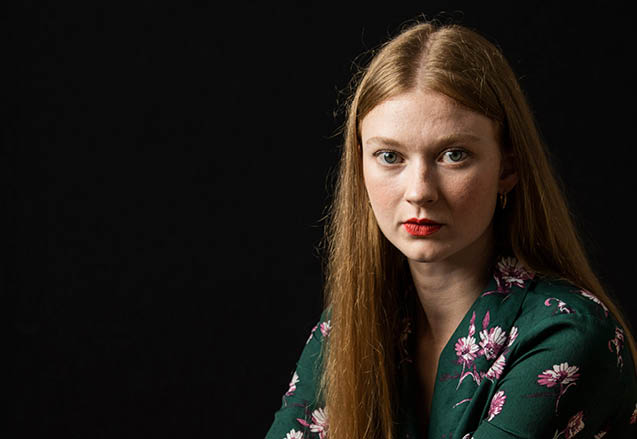
The Beauty Myth by Naomi Wolf is coming up to its 30th anniversary. The book was both a watershed moment and a rallying cry for feminism; women could do all the things men could, but still had to fit into excruciatingly rigid ideas of physical perfection often dictated by magazines and advertising. In the book, Wolf refers to something similar as the ‘One Stone Solution’, arguing that many women believe that they just need to lose one stone (six kilograms) to feel happy with their bodies.
Essentially, many of us select an arbitrary number – either how much we want to lose or a weight we want to get down to – and imagine all the ways our lives will be happier and better if we could just realise that vision.
For a lot of people it might be fitting into a particular pair of jeans, or a wedding dress, or a pre-baby weight, or even a new thinness we have seen others enjoying which we feel will make us more loveable and acceptable, too. I refer to The Beauty Myth a lot in my new book because I find it infuriating to reflect upon how accurate so many of Wolf’s statements still are, despite the decades of progress we’ve made in other areas since its release.
It would seem we haven’t come that far at all in terms of fighting these ideals. In a recent Vogue UK interview, the singer Florence Welch spoke of her own battle with body image, and the way she spoke about the connection between drive and self-loathing was a nexus I’d just spent 20,000 words trying to clarify.
Many of us select an arbitrary number and imagine all the ways our lives would better if we could just realise that vision
‘I haven’t weighed myself in four years – I have no idea how much I weigh right now,” Welch told the magazine. “Five years ago, I could have told you how much in the morning, at night, clothes on, clothes off. With and without jewellery. To let go of that sometimes feels like a bigger achievement than headlining Glastonbury… Self-harm is a shape shifter, but I’m working on it. And the more honest I am, the happier I become. I don’t believe in self-destruction as a means to creativity any more.”
In the past I, too, frequently mixed ideas of productivity, creativity, striving, and extremity in the same big messy cauldron as my ideas about my body. There was no way I could ever afford to accept things as they were – either achievements or my body – because then how would I stay driven to improve?
The goalposts would always shift; they had to. As Welch alludes to, these things are ongoing battles and ‘recovery’ is rarely the before-and-after narrative we’re sold, but for me it’s all about language and understanding. Now that I can name the different parts of the problem, I can better control my thoughts and feelings around it.
For example, I now choose to remind myself that what I see in the mirror may affect one specific part of my self-esteem, rather than the whole. I used to think that if my body didn’t look a certain way then that was symbolic of my overall failures. Now I am better able to compartmentalise.
There was no way I could ever afford to accept things as they were, because then how would I stay driven to improve?
It’s infuriating, of course, that so many of us feel this way.
To me, the greatest trick of this particular facet of the patriarchy is that we are allowed, and encouraged, to choose a ‘weight-loss journey’ as an expression of drive and empowerment. The language around goals, hard work and achievements are sometimes fitting and sometimes damaging.
Exercising for mental and physical health often requires goal-setting and hard work, absolutely, but when we think about our weight in these trackable, self-improvement, career-like frameworks, we open ourselves to the same damaging thinking of ‘arrival fallacy’. We (incorrectly) think that all our dreams will come true if we hit that goal.
What I have also had to confront was the happiness I stopped myself from pursuing and experiencing because I thought life couldn’t possibly be as happy or good until I hit that goal. It makes me so mad to think about the times I didn’t jump in the pool, or hit the dancefloor, for thigh- and belly-related insecurities. It makes me feel as though I have been robbed. For so many of us the standards of love and care (or even basic respect) we think we deserve are influenced by our appearance.
So many women of all sizes express these and other body-related neuroses. It’s not particularly cool or fun to talk about, but I want to take a hard look at how much we volunteer ourselves for new situations and put ourselves out into the world depending on how we feel about ourselves. Imagine you have a specific idea of a ‘bikini body’ and don’t let yourself wear a bikini until you have ‘that body’, except the bikini is the entire wild and carefree and adventurous life you dream for yourself. The solution is not ‘one stone’ or ‘two more kilos’ or ‘the wedding dress’. Even if you hit that goal, if the goal isn’t for healthy reasons, the posts will move. I’m now learning to enjoy the view from the picnic right here, and I highly recommend it.
Bri Lee’s second book, Beauty, is available now through Allen & Unwin for $19.99




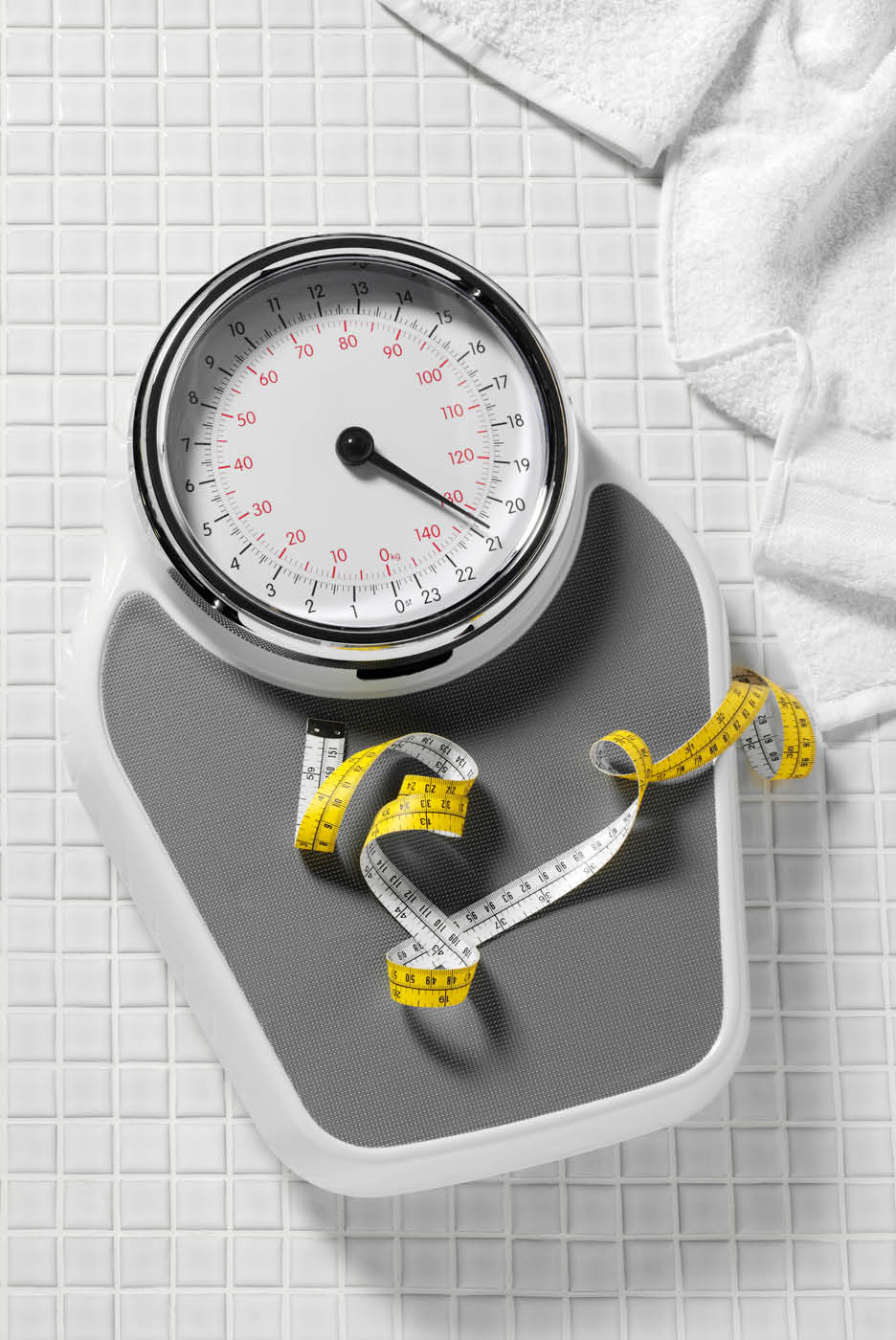


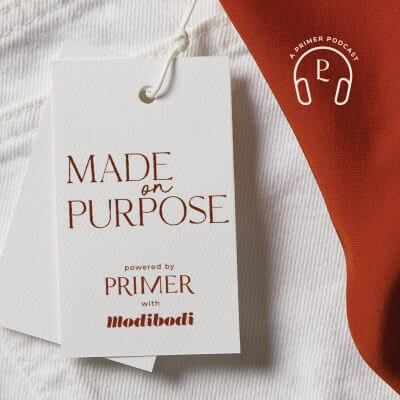
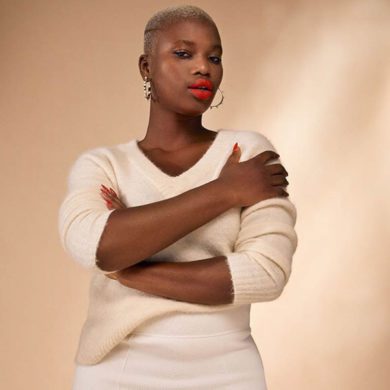

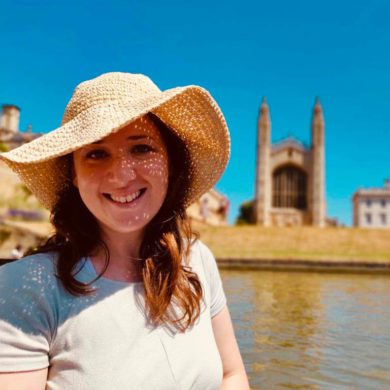



No Comments